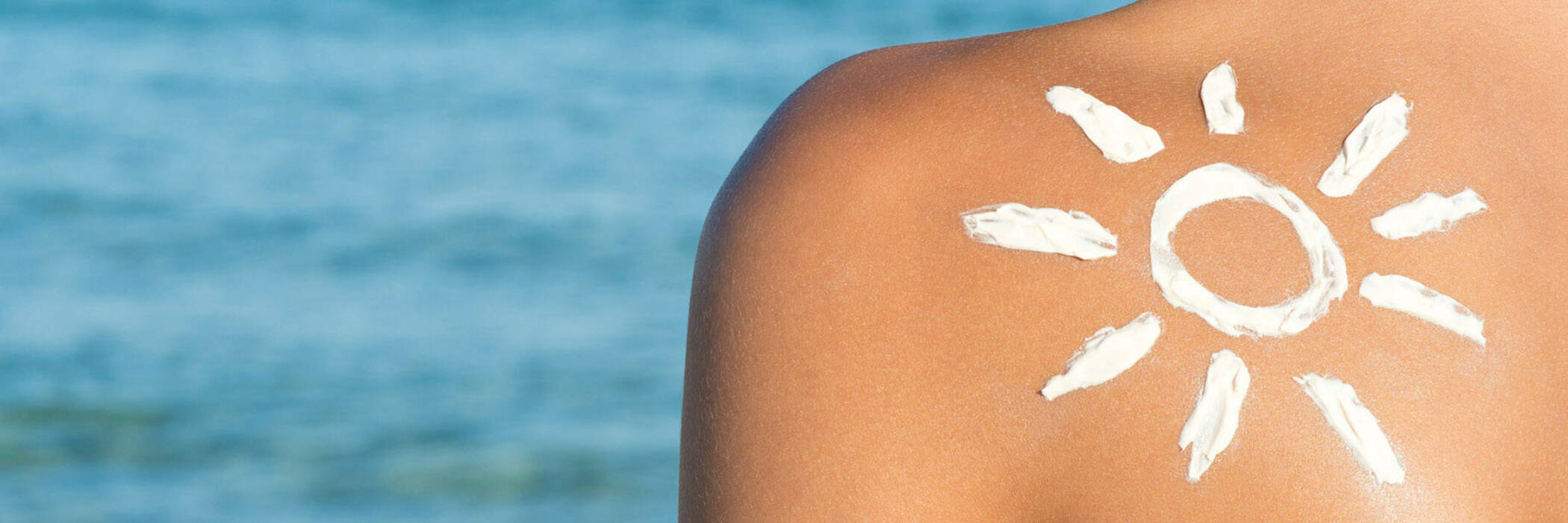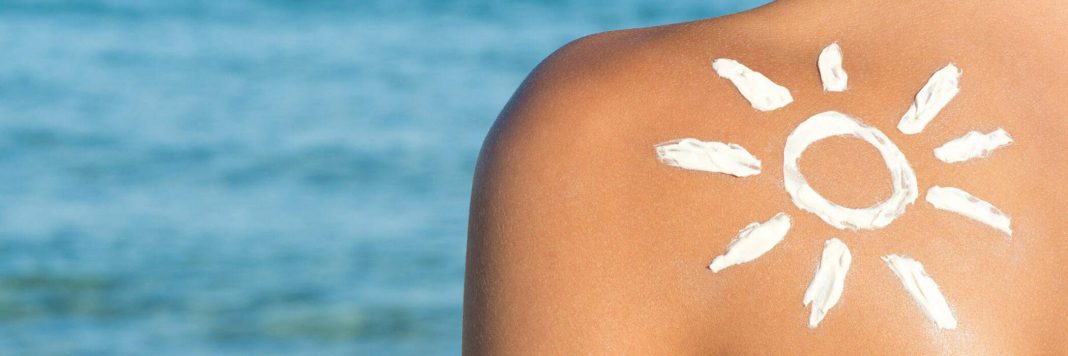 Influencers have a significant impact on the beauty and skincare industry. With their wide reach and ability to connect with followers, influencers often have the power to make trends go viral. One recent example of this is a homemade sunscreen recipe that gained widespread attention.
Influencers have a significant impact on the beauty and skincare industry. With their wide reach and ability to connect with followers, influencers often have the power to make trends go viral. One recent example of this is a homemade sunscreen recipe that gained widespread attention.
The recipe, shared by an influencer, claimed to provide natural and effective protection against the sun’s harmful rays. However, dermatologists have raised concerns about the safety and effectiveness of homemade sunscreens.
One of the main issues with homemade sunscreens is their lack of regulation. Commercial sunscreens go through rigorous testing to ensure their safety and effectiveness. They are formulated with specific ingredients and SPF levels to provide adequate protection against both UVA and UVB rays.
Dr. Jane Smith, a dermatologist at XYZ Dermatology Clinic, warns against using homemade sunscreens, stating, “There is no way to guarantee the efficacy or safety of these DIY recipes. Sunscreen is a crucial part of a skincare routine, and it’s important to use products that have been tested and approved by regulatory bodies.”
While some ingredients commonly found in DIY sunscreen recipes, such as coconut oil or shea butter, may have moisturizing properties, they do not offer sufficient protection against the sun. In fact, relying solely on homemade sunscreens may increase the risk of sunburns, premature aging, and even skin cancer.
Another concern raised by dermatologists is the lack of broad-spectrum protection in homemade sunscreens. Broad-spectrum sunscreens protect against both UVA and UVB rays, while homemade alternatives may only provide partial protection or none at all.
In a recent study published in the Journal of Dermatology, researchers found that homemade sunscreens had significantly lower SPF values compared to commercial ones. This means that even if a DIY sunscreen claims to have a certain SPF level, it may not provide adequate protection against harmful UV rays.
Dr. Jennifer Rodriguez, a board-certified dermatologist at ABC Dermatology, emphasizes the importance of using regulated sunscreens. She explains, “When it comes to protecting your skin from the sun, it’s crucial to use products that have undergone rigorous testing. This ensures that you’re getting the protection you need to prevent sunburns, premature aging, and skin cancer.”
It’s important to note that not all homemade skincare products are unsafe. DIY face masks and serums can be a fun and cost-effective addition to a skincare routine. However, when it comes to sun protection, experts strongly advise sticking to regulated commercial sunscreens.
In conclusion, the recent viral trend of a homemade sunscreen recipe highlights the power of influencers in shaping consumer behavior. However, dermatologists urge caution when it comes to homemade sunscreens. These DIY alternatives lack regulation, may offer inadequate protection against the sun’s harmful rays, and could potentially increase the risk of skin damage. It is always best to rely on regulated and tested commercial sunscreens for effective and safe sun protection.


